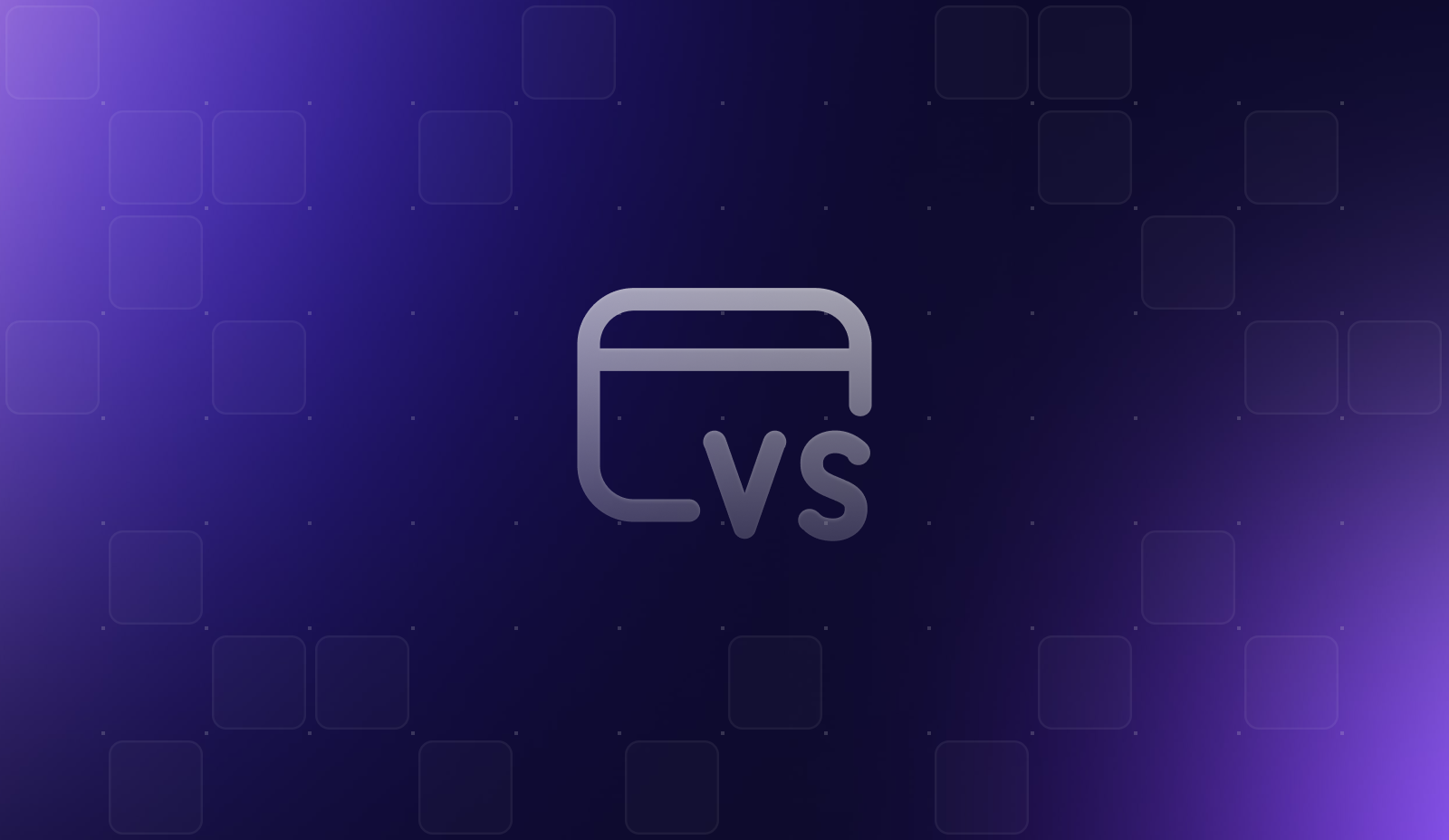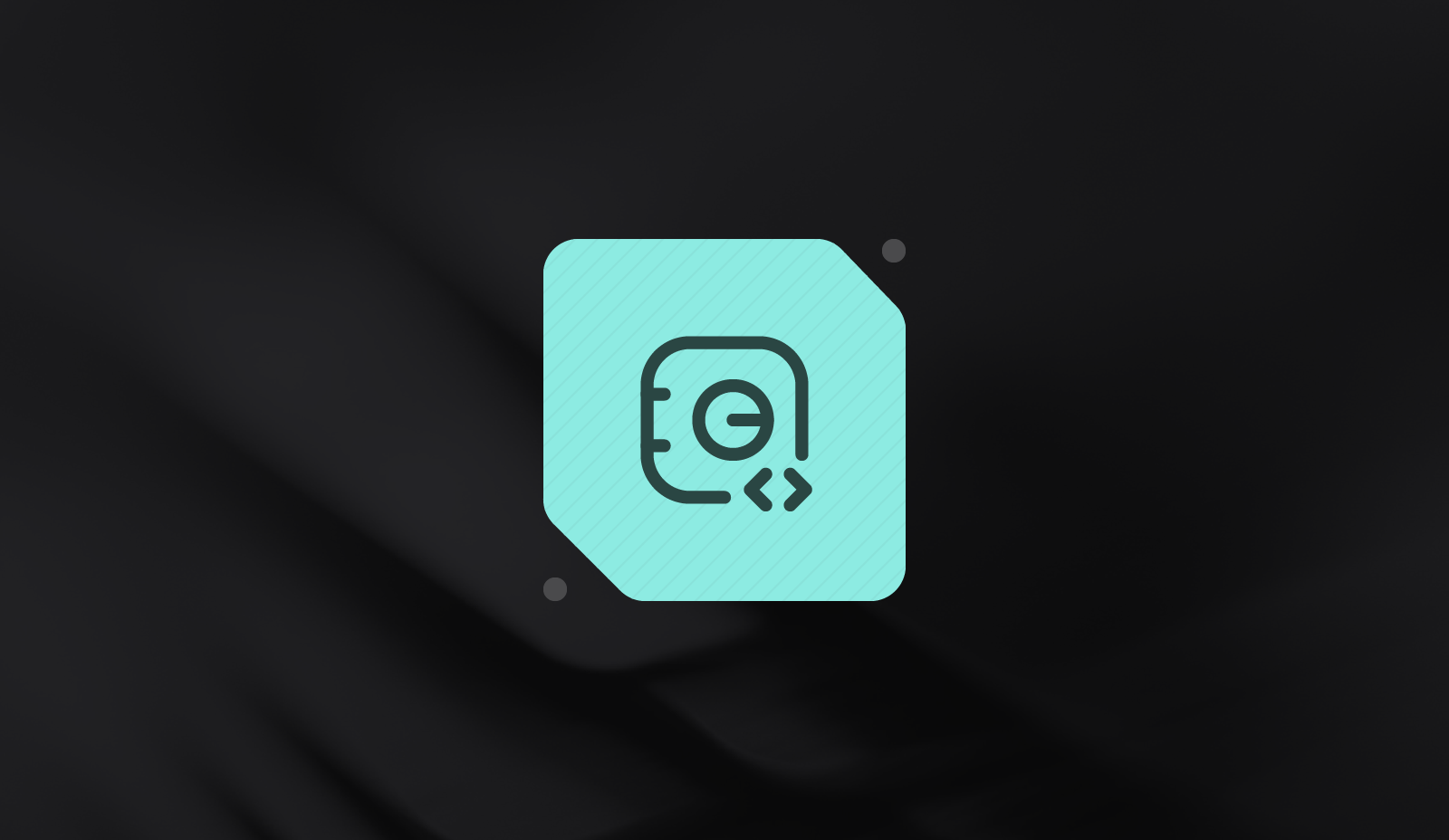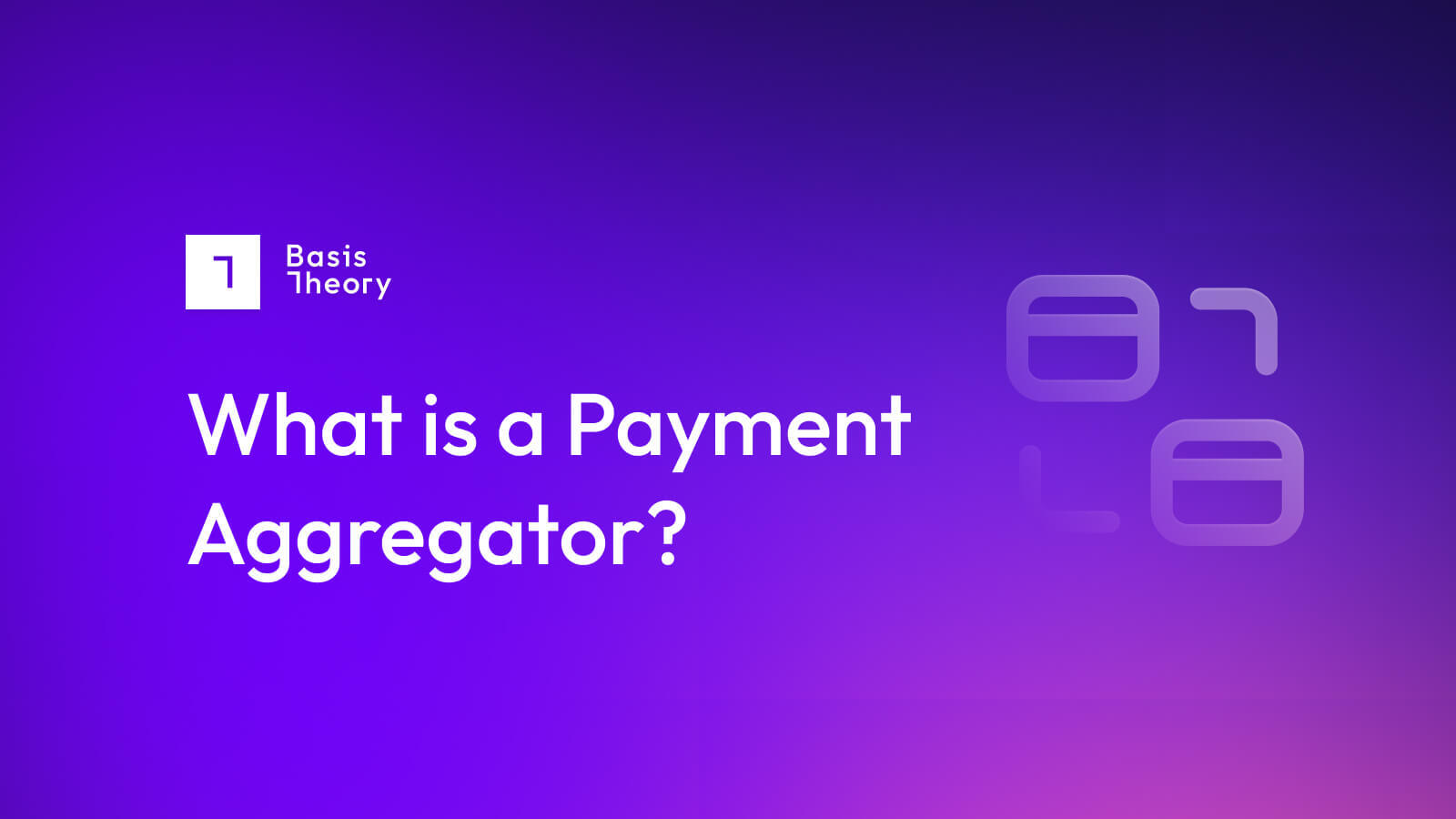The right payment gateway, processor, and orchestrator matters

The payments ecosystem is rife with choices, and among the most complex is which providers to partner with. In a complex environment, the differences between payment processor, payment gateway, and payment orchestrator can seem dizzying - but making the right selection will impact the business in myriad ways, from transaction success rate to total processing costs. And, indeed, it’s not a binary choice in which merchants select just one: it’s possible to get the best of all worlds.
What are payment gateways, processors, and orchestrators?
While they may seem very similar, these three roles in the ecosystem are actually quite distinct:
- A payment processor facilitates the movement of money between buyer and seller, utilizing card networks and other alternative payment method administrators to approve (or deny) transactions, then shuttle money from customer to merchant.
- A payment gateway operates as though it is both gateway and processor, providing little detail on which processors they are using to run transactions. Full-service payment service providers (PSPs) are effectively gateways, but they offer set, predictable fee schedule and interface and help decide which processors to work with.
- An orchestrator provides a platform that enables merchants to have business relationships with a range of different payment processors and gateways, allowing them to switch between processors on a transaction-by-transaction basis.
All customer-to-merchant payments run through payment processors; most run through payment gateways, which connect the merchants to the processors; and the most optimized transaction workflows run through orchestrators, which empower the merchant to build logic and partnerships with a functionally infinite number of processors and gateways.
What is the benefit of a payment gateway over a payment processor?
Pure-play payment processors are often unwilling to contract directly with merchants: their business is complicated enough managing relationships with the card networks and banks that can hold and transfer money in transactions. This explains why, early on in the development of the payments industry, payment gateways came to be: they managed the merchant side of the business, providing support, APIs, and SDKs for connecting to the payment system.
Processors maintain the relationships and standards to confirm that their merchant clients were properly served and tracked for good behavior. It’s worth noting that some of the largest payment processors have taken on a dual role over the last few years: from early on, for instance, PayPal operated as both processor and gateway. Other large firms have followed suit.
A payment gateway, unlike a payment processor, provides the technology for a merchant to operate in the payments world, whether it be code-level (APIs and SDKs) or UI-level (branded but hosted Buy Now pages). The payment gateway also provides a single payment schedule that merchants can use to forecast their costs; with minor exceptions (traditionally, gateways have charged a premium for American Express transactions), these fee schedules are consistent, easy to understand, and, at a surface level, fairly low.
Merchants can get up and running quickly without extensive code development, have a good idea of payment fees, and be confident that the gateway will manage the payment processor connections and selections.
What is the benefit of a payment orchestrator over a payment gateway?
A payment orchestrator does not actually process payments—rather, it uses merchant-directed logic to capture and store cardholder data, and to select a payment gateway or payment processor for individual transactions. A payment orchestrator is not a replacement for a payment gateway, but rather a sophisticated decisioning engine for optimizing payment success ratios, and reducing overall processing costs.
A payment orchestrator can help a merchant claim back from payment gateways one key lever to optimizing their payment system—leveraging and arbitraging a stable of gateways and processors. With an intelligent orchestration solution in place, merchants can, for instance, select a gateway or processor that offers better pricing on debit cards, handles high-risk transactions, or is willing to offer better rates based on a guaranteed volume of transactions.
From a risk perspective, a payment orchestrator can be configured to assess hard and soft declines and decide whether or not to take a second run at processing a transaction in near real-time. It can also move transactions to or from a given gateway partner to maintain a compliant chargeback rate.
Payment gateways do this all the time: their core business success is predicated on charging a flat fee to their customers, while arbitraging the payment processor fee schedules on the back end, while maintaining a track record of acceptably-low chargebacks and complaints. Indeed, this is why merchants can sometimes find themselves unceremoniously booted from a payment gateway’s services. The gateway protects its core franchise by maximizing its collection of low-risk, high-revenue clients, and eliminating higher-risk and lower-revenue ones.
Should you choose a gateway, processor, or orchestrator?
The answer, of course, is: all of them! In today’s market, the difference between a payment processor and payment gateway has been almost entirely obliterated, as processors have added gateway services and are signing up merchant clients all day long. Merchants, however, can build relationships with a stable of processors and gateways, then manage the actual flow of business to those partners through an orchestrator or their own logic.
It’s important, though, to ensure that an orchestration partner:
- Offers effective tokenization services: these reduce the work of keeping a merchant’s payment system in line with PCI-DSS requirements by ensuring the plain text of cardholder data stays in a safe vault, never actually entering the merchant’s environment.
- Provides extensive programmable SDKs and/or APIs that the merchant can use to unleash sophisticated decisioning, which will deliver happier customers (when their payments go through the first time, and when they can simply store their payment details for seamless future purchases), as well as lower costs to drive profitability.
- Commits to the smooth handover of stored data in the event that the merchants wants to switch payment orchestration partners, or wants to bring the whole system in-house.
Merchants headed toward successful results are increasingly recognizing that running every transaction through a single, behemoth payment gateway or payment processor restricts their ability to offer exotic payment methods, to maximize their successful processing ratios, and to minimize their cost to process. Adding a secure token orchestration provider and expanding the stable of contracted gateways and processors isn’t just a good idea, it’s a necessity in an increasingly competitive marketplace.
.png?width=365&height=122&name=BTLogo%20(1).png)



